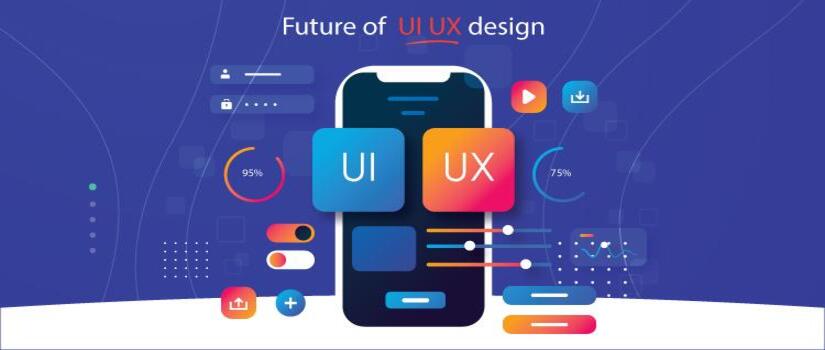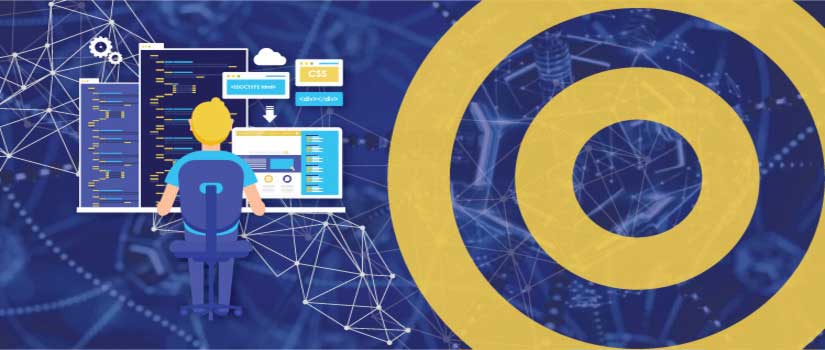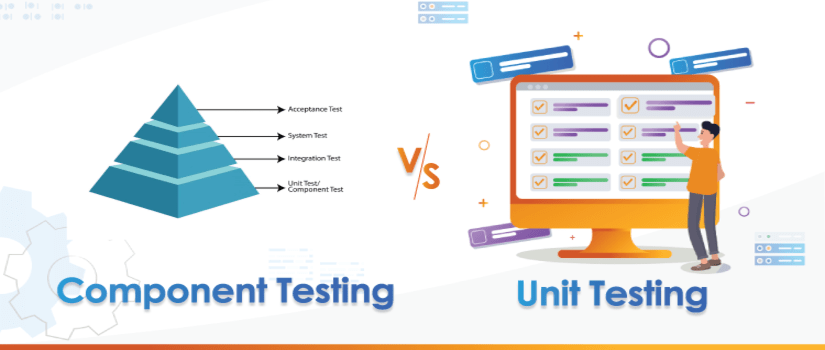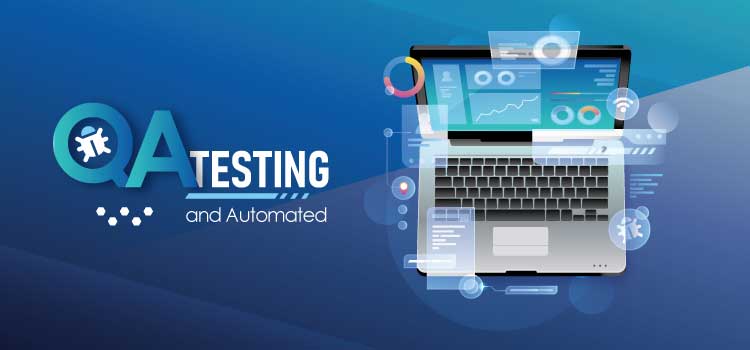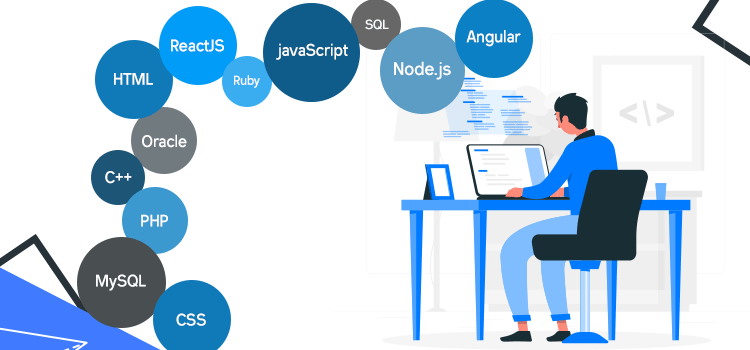Healthcare industry is far from utilizing the maximum possible advantage of data analytics as compared to other industries. Integration of data analytics into daily healthcare operations is a difficult task for most of the healthcare sectors including hospitals and practices.
Healthcare challenges are way different from other industries when it comes to achieving innovation through data analytics or big data. The complexity of these barriers is diverse and problematic as the healthcare sector involves real-time lifesaving decisions or decisions which can have a significant impact on any human life.
The pace of innovation through data is slow in the healthcare sector.
The data in healthcare holds a significant position when it comes to decision making. The information is overly sensitive and based on these information decisions are made, which should not only be timely decisions but also perfectly accurate. These decisions have life and death consequences. The use of data analytics layer on such sensitive data is a major hindrance.
The regular monitoring of healthcare data is a unique need for this sector. The nature of decisions is complex and the requirement of quick on the go decisions is vital.
All this contributes to higher expectations when it comes to standards for data analytics in healthcare. Doctors and Physicians are more interested in making decisions based on their broad knowledge rather than relying upon predictions made by a software tool. There is a big risk factor and to mitigate this risk factor the tech giants are constantly trying to bridge this gap and improve upon correction of predictions based on patient’s data.
Privacy is a major concern in the healthcare sector. Access to data is not something common or permissible in many of the cases. Data Analysts can face a major challenge in getting access to the data and there can be set protocols in place for data sharing. This can make things far more complicated even before they get started.
Healthcare data is driven by certain protocols and conventions. The Healthcare industry is reluctant to make its data available. The data is processed and stored in different formats within the healthcare sector. The data quality is not that sound. This introduces a new challenge to data analysts as for the analysis to be meaningful it must be based on quality data.
The prime source of healthcare data originates from EHRs and EMRs being used in the healthcare industry. The problem starts with the poor usability of an EHR. This leads to poor quality of healthcare data. Quality issues are the main cause of not benefiting truly from Healthcare Data Analytics.
Healthcare data is often segmented and is kept and operated in silos. Administrative Data such as claims, reimbursement, etc. are stored and used by finance and operations management teams. Clinical data such as patient history, vital signs, and diagnostics results are stored in an EHR. This data is managed and accessed by physicians, nurses, and frontline clinical staff mostly.
Healthcare providers are not very much willing to share their data because of market competition. A physician may not like his competitor to know exactly how many procedures they performed and where. This leads to another problem that is the unease of data sharing.
Conclusion
There is an enormous contribution that Data scientists can offer to the healthcare industry. The health of an individual can be improved by using advanced machine learning and data science techniques. The opportunities are infinite for data analysts and data scientists in the healthcare sector provided if the major issue of segmented data and openness to share the data can be overcome.
For all data needs, please feel free to Contact Us.



